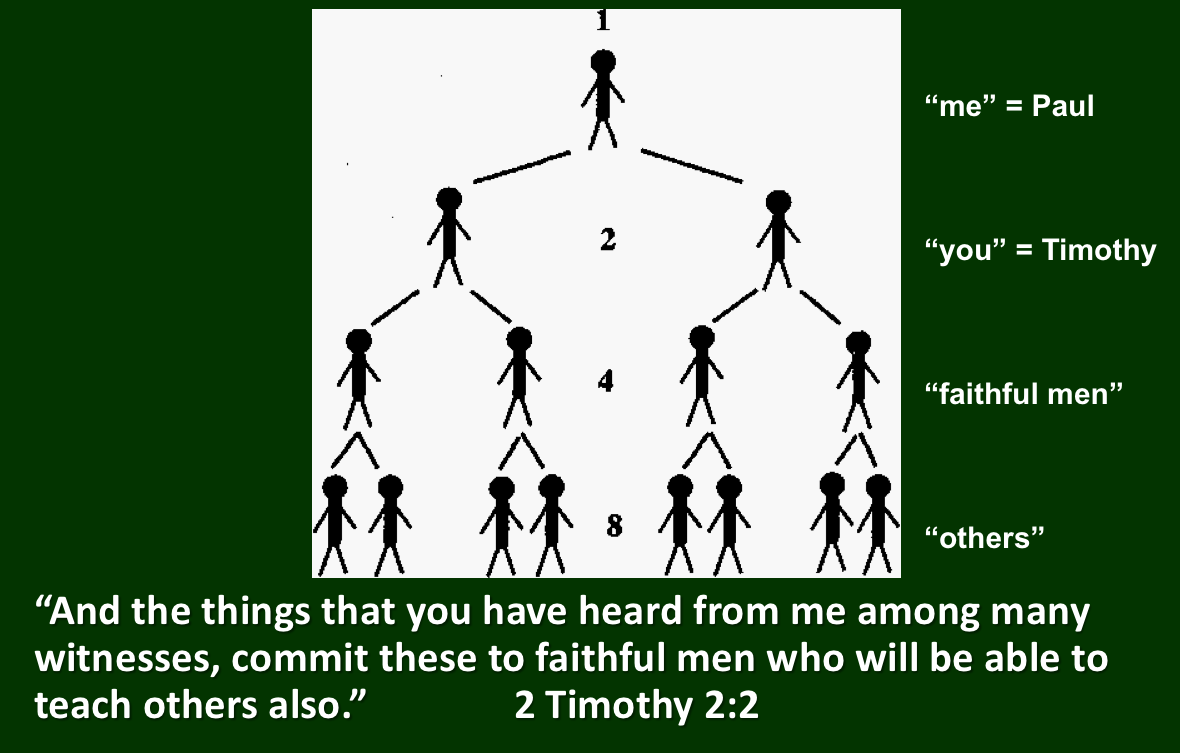Why are some believers baptized in “the name of Jesus” only in the book of Acts (Acts 2:38; 8:16; 10:48; 19:5) instead of “in the name of the Father and of the Son, and of the Holy Spirit” as Christ commanded (Matthew 28:19)?
1. Because the purpose of the Holy Spirit in coming to earth was to glorify the name of the Lord Jesus Christ (John 14:26; 15:26; 16:13-15). When Jesus Christ, the true God (I John 5:20) is glorified, so is God the Father because Jesus Christ is a perfect reflection of God the Father in human flesh (John 1:14, 18; 5:23-24; 10:30; 12:44-45; 14:7-13; 17:1-5, 21-22). To honor Jesus Christ also includes the Holy Spirit Who is “one” with the Lord Jesus in essence and function (Ephesians 4:4-6). The three Persons of the Godhead (“Father…Son…Holy Spirit” – Matthew 28:19) operate in complete unity with one another. This is why Jesus commanded to baptize “in the name (singular) of the Father and of the Son and of the Holy Spirit” because God is one in divine nature (Deuteronomy 6:4), yet eternally exists in three Persons (“Father…Son…Holy Spirit”). These three Persons of the Godhead are equal in every way, yet distinct in their tasks and relations to humanity (Ephesians 2:18; 2 Corinthians 13:14). This can be seen in Ephesians 1:3-14 regarding the role each Person of the Godhead had in our eternal salvation. For example:
a. God the Father planned our eternal salvation when He chose us before foundation of the world to be holy and blameless before Him to the praise of the glory of His grace (Ephesians. 1:3-6).
b. God the Son provided for our eternal salvation through His death on the Cross (Ephesians 1:7-12).
c. God the Holy Spirit produced and protects our eternal salvation by sealing us the moment we hear and believe the gospel of truth (Ephesians 1:13-14).
So, when they baptized in the name of the Lord Jesus in the book of Acts they were “baptizing in the name of the Father and of the Son and of the Holy Spirit” Who are one in essence and purpose.
2. The phrase “in the name of the Lord Jesus” is not a reference to a baptismal formula but is a reference to authority. This is like hearing someone say, “Stop in the name of the Law!” It means to stop by means of the authority of the Law. To baptize “in the name” of Jesus means to baptize by means of Jesus’ authority (Matthew 28:18-19). We see this understanding in the book of Acts which emphasizes the authority of Jesus in the use of His name to…
a. Heal people (Acts 4:7-10).
b. Save people from hell (Acts 4:12; 16:31).
c. Teach and preach (Acts 4:17-18; 5:28, 40; 9:27-28).
d. Cast out demons (Acts 16:18).
Therefore, to baptize “in the name of the Lord Jesus Christ” means to baptize by means of the authority of the Lord Jesus Christ Who represents “the name” of “the Father…Son…and Holy Spirit” (Matthew 28:19). “The name” represents all the divine attributes of the Person named. To be baptized “in the name of the Lord Jesus” is an expression of the sum total of God’s being which includes the Father, Son, and Holy Spirit because all three Persons of the Godhead are “one” with one another in essence and purpose (John 1:14, 18; 5:23-24; 10:30; 12:44-45; 14:7-13; 17:1-5, 21-22; I Corinthians 12:3-7; Ephesians 1:3-14; 4:4-6).
One acts in the name of another only when his acts are authorized. So, to baptize “in the name of Jesus” is to baptize in the manner that Jesus authorized. Those who baptize in the name of the Father and of the Son and of the Holy Spirit as authorized and commanded by the Lord Jesus (Matthew 28:19) are therefore, baptizing in the name of Jesus. Those who baptize in any other way do not, no matter what they may say.
Those who baptize in the name of Jesus only either fail to recognize or else simply ignore that vital and significant difference between the statements “in the name of Jesus” and “in the name of the Father and of the Son and of the Holy Spirit.”
Evidence that baptizing “in the name of Jesus” only is not a baptismal formula is the fact that there are many variations among those biblical references in the book of Acts:
Acts 2:38 – “Baptized…in the name of Jesus Christ.”
Acts 8:16 – “Baptized in the name of Christ Jesus.”
Acts 10:48 – “Baptized in the name of the Lord.”
Acts 19:5 – “Baptized in the name of the Lord Jesus.”
If this is a baptismal formula, then which formula does one use? There are four different ways to do this.
These variations are even more pronounced in the original Greek language of the New Testament:
Acts 2:38 – “Baptistheto…epi to anomati Jesou Christou.”
Acts 8:16 – “Bebaptismenoi…eis to onoma tou Christou Jesou.”
Acts 10:48 – “Baptisthenai en to onomati tou Kuriou.”
Acts 19:5 – “Ebaptisthesan eis to onoma tou kuriou Jesou.”
Notice that there is no uniformity in the name of Jesus:
Acts 2:38 – “Jesus Christ”
Acts 8:16 – literally “The Christ Jesus”
Acts 10:48 – “The Lord”
Acts 19:5 – “The Lord Jesus”
There is also variation in the prepositions used to show the relation between the name and the act of baptism:
Acts 2:38 – epi to onomati Jesou Christou (literally “upon the name”)
Acts 8:16 – eis to onoma tou Christou Jesou (“into the name”)
Acts 10:48 – en to onomati tou Kuriou (“in the name”)
Acts 19:5 – eis to onoma tou Kuriou Jesou (“into the name”)
Because of the several differences among the references in Acts to baptism in Jesus name only, it is best not to see this as a baptismal formula. So the book of Acts does not change the baptismal formula. It simply clarifies Who authorized water baptism.
Conclusion:
Baptism in the name of Jesus only in the book of Acts (Acts 2:38; 8:16; 10:48; 19:5) means to baptize by means of the authority of Jesus (Matthew 28:18) and is done by saying what Jesus commanded us to say, “I baptize you in the name of the Father and of the Son and of the Holy Spirit” (Matthew 28:19) because Jesus Christ is “one” in essence and purpose with God the Father and God the Holy Spirit (John 1:14, 18; 5:23-24; 10:30; 12:44-45; 14:7-13; 17:1-5, 21-22; I Corinthians 12:3-7; Ephesians 1:3-14; 4:4-6). The only baptismal formula commanded by the Lord Jesus Christ Who has “all authority” in heaven and on earth, includes all three Persons of the Godhead (Matthew 28:18-19). To use a different formula than what Jesus commanded is an act of disobedience and dishonors the Lord Jesus Christ.





